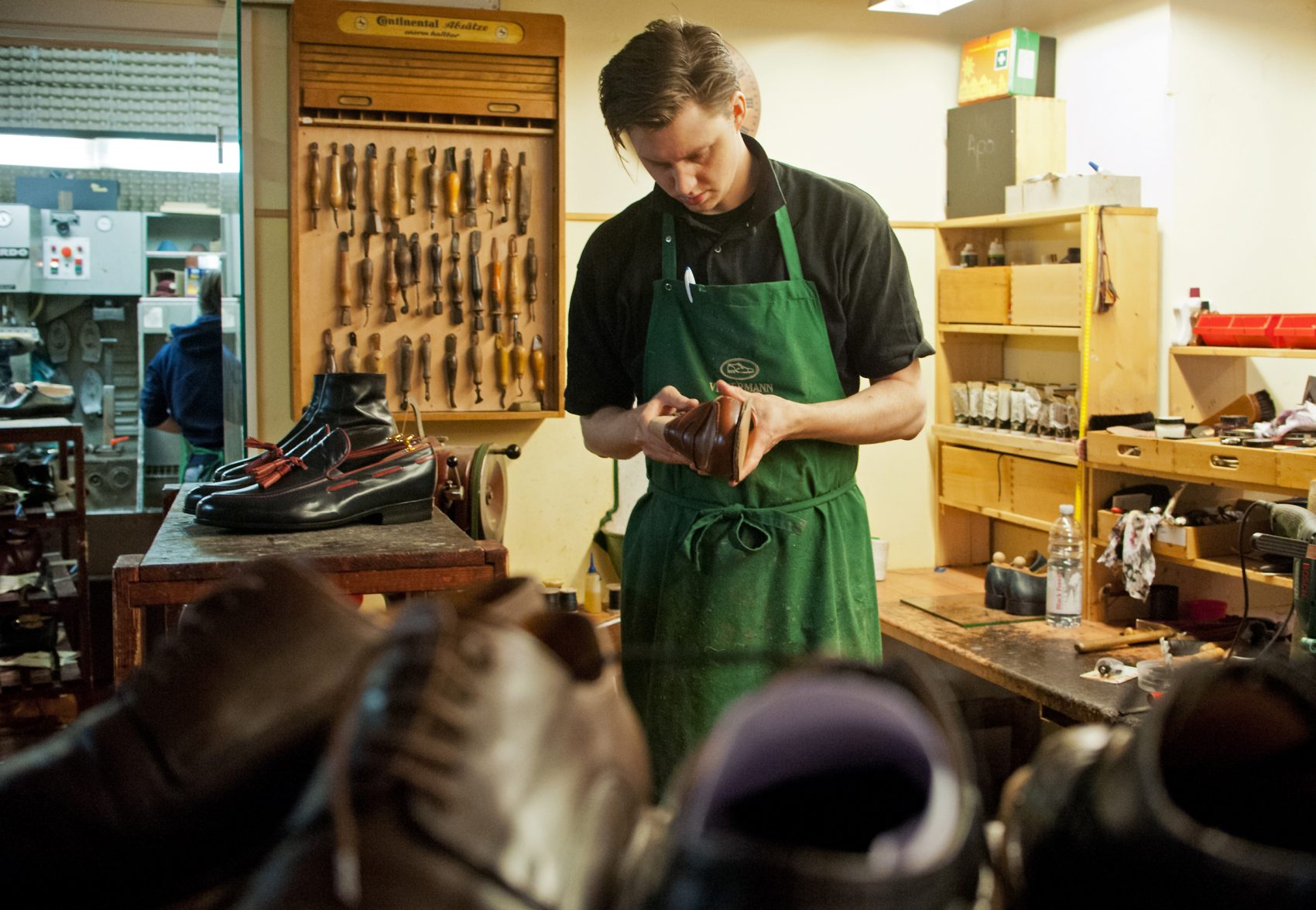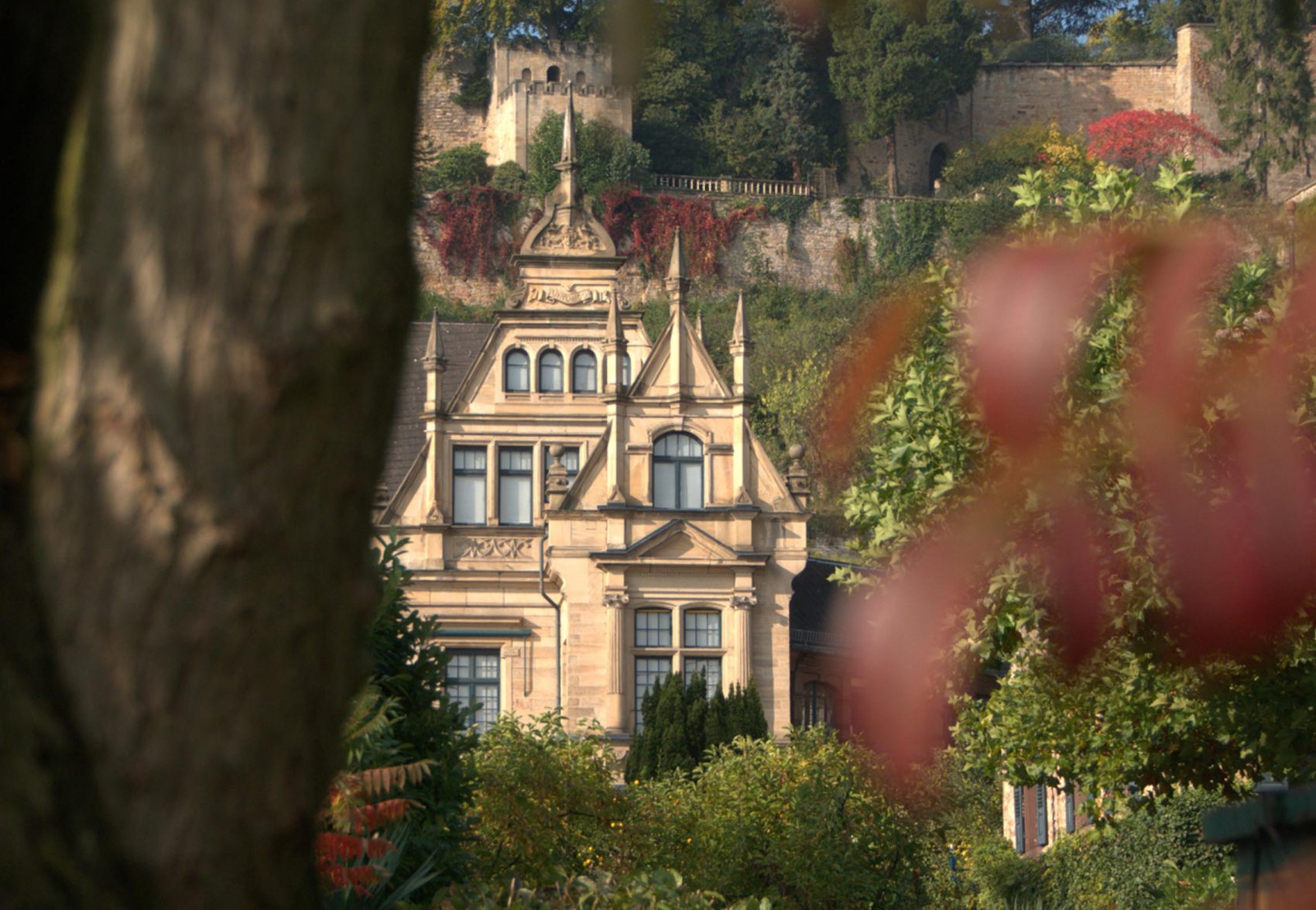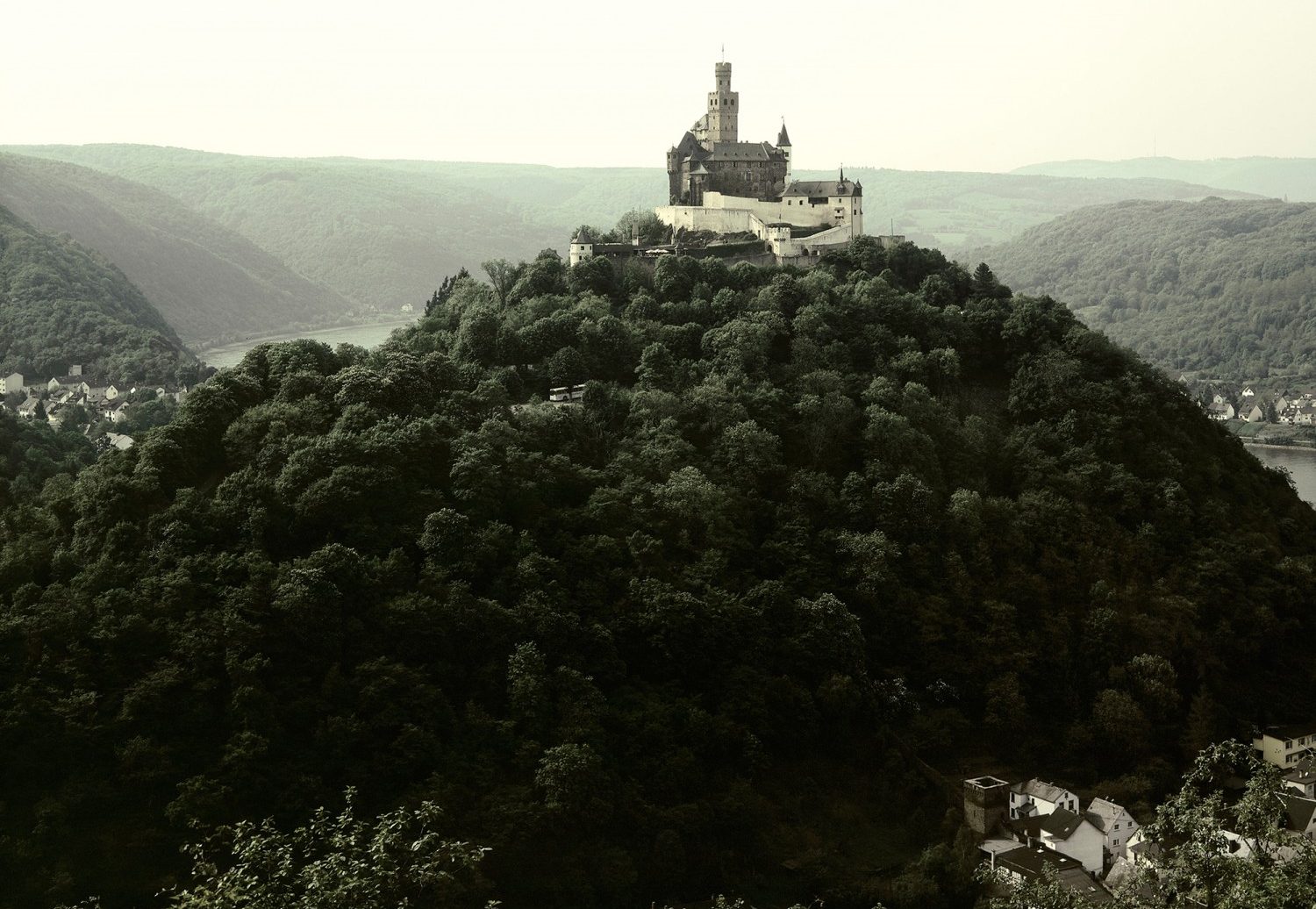Deutsche Manufakturenstraße, a German Manufactory Route
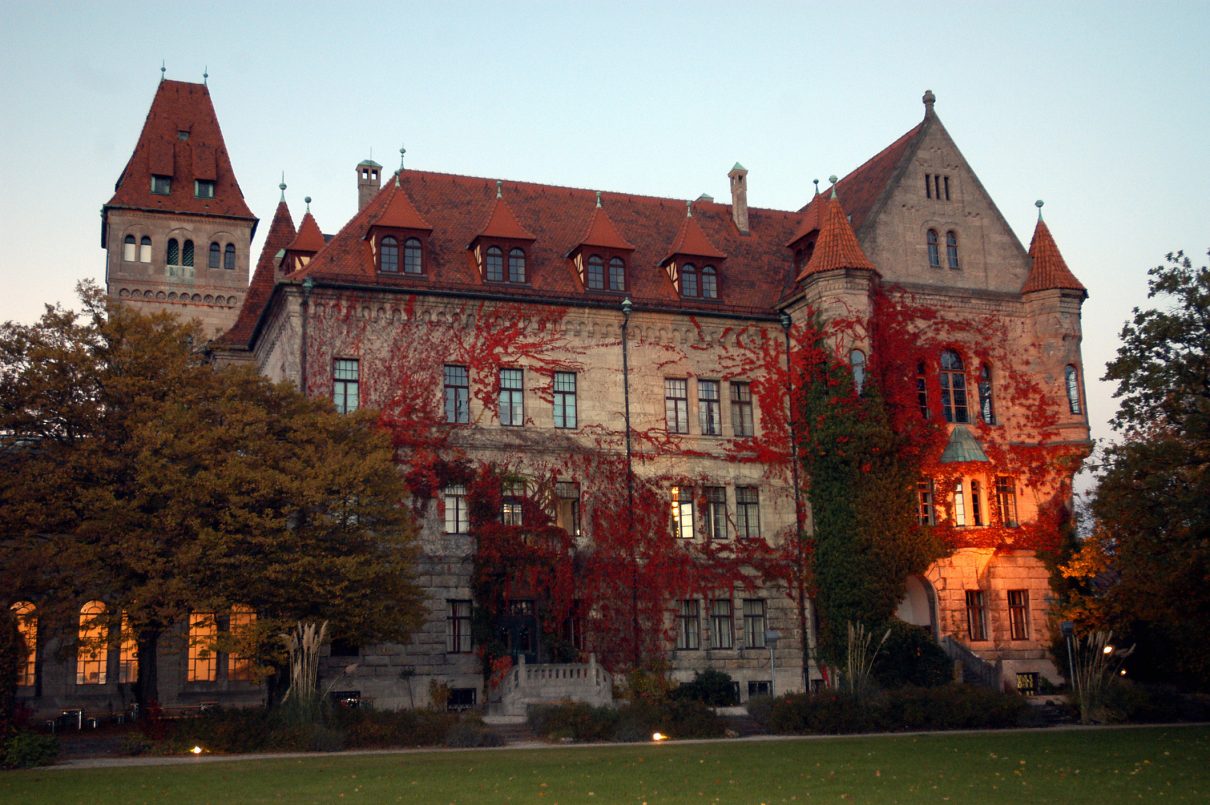
Faber-Castell
Deutsche Manufakturenstraße was founded in 2017 to demonstrate the cultural diversity of artisan production in Germany.
The fact that the work of the classical manufactories largely belongs to our cultural heritage — such as, for example, the “invention” of European porcelain in Meissen — who would doubt that. But precisely for this reason it is surprising that although “trombone choirs”, midwifery or “playing the skat” have been included by the German UNESCO Commission in the nationwide list of traditions, customs and cultural sites, so far hardly any handicrafts of manufactories have been included. In the 68 items on the national list, there are just two sites that refer to manufactories: the blueprint practised in Upper Lusatia and, only since last year, porcelain painting. Porcelain painting is a centuries-old craft in Germany.
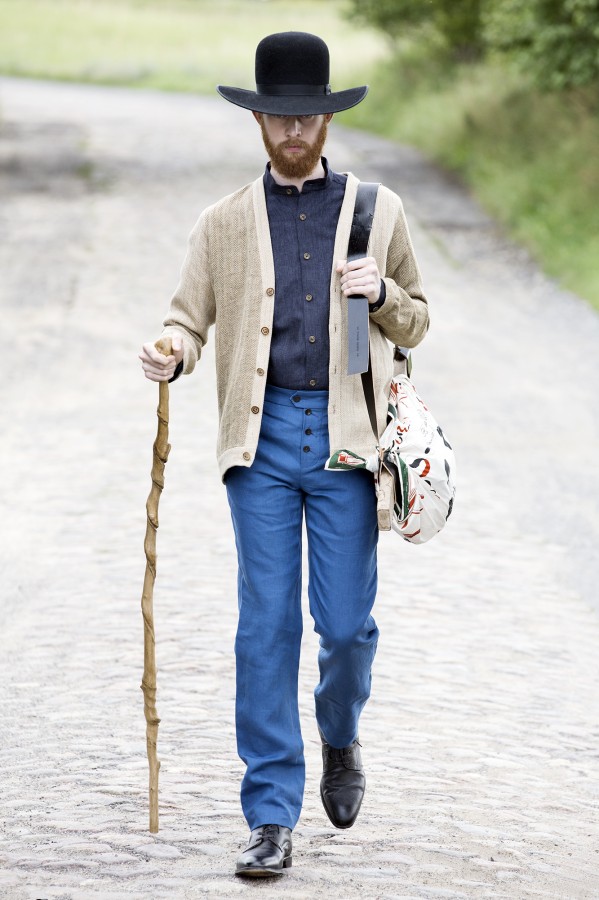
The passing on and preservation of this complex knowledge still takes place at isolated locations. In the 18th century, three of the most important manufactories in Germany were founded and are still active today: The Porzellanmanufaktur in Meißen, the Porzellanmanufaktur des Bayerischen Königshauses in Nymphenburg and the Königliche Porzellan-Manufaktur Berlin (KPM). These traditional lines, in which a specific craft technique is regionally rooted, cultivated for a long time and further developed to this day, can also be found elsewhere. The knowledge of manufactories must be protected and “lived”; for this reason, the Deutsche Manufakturenstraße, a member of the network, is currently collecting practical examples of potentially protectable handicrafts in order to represent the contribution of manufactories to our intangible cultural heritage more strongly at UNESCO.
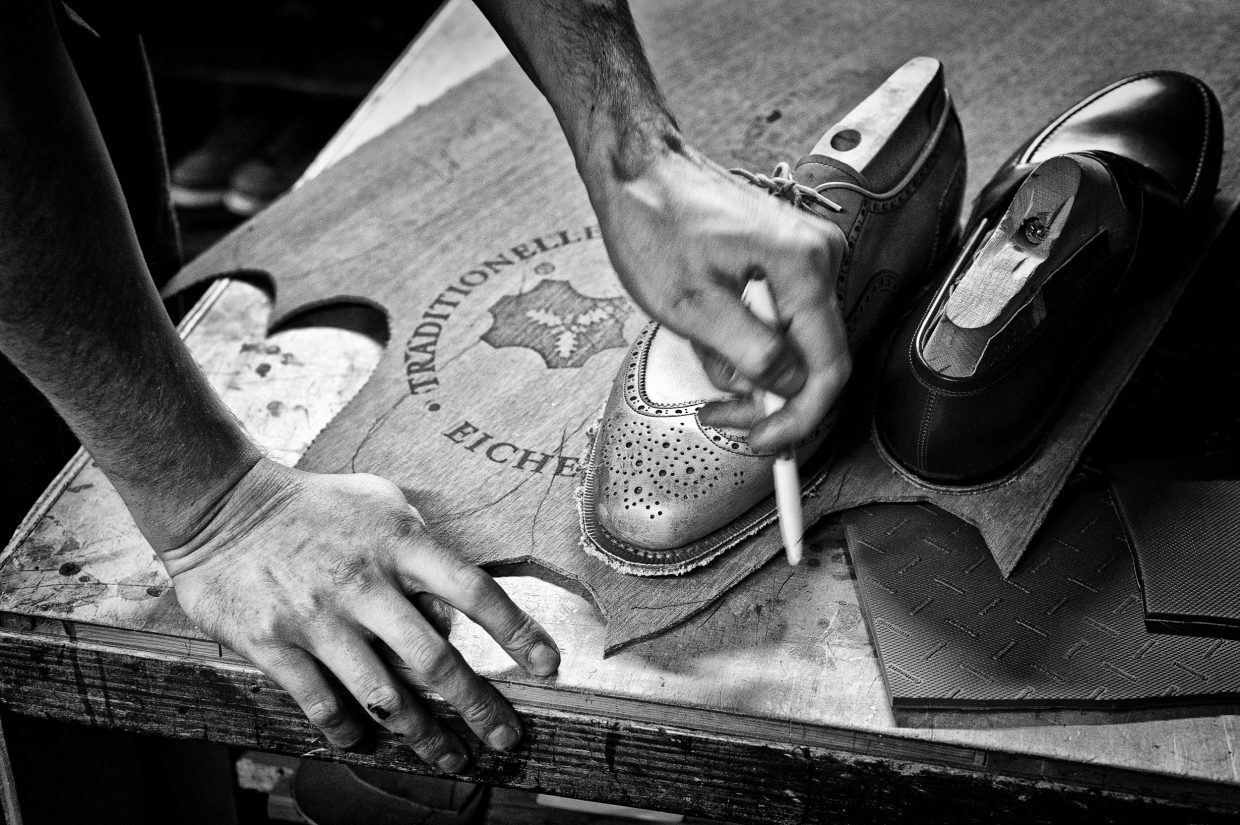
Manufakturenstraße as a living archive
Deutsche Manufakturenstraße is an almost 2500 km long adventure road, which leads along four routes to the most important manufactories in Germany. The routes stretch from the Baltic Sea to Lake Constance and touch all 16 federal states. Such manufactories, their activities and their role in the region have so far received too little attention in Germany. The things that surround us are important. Especially today, in the digital era, we are even more consciously aware of the concrete environment that surrounds us — the house, the table, the flower vase. We realize how much objects shape our quality of life. Today, we suffer not from a lack, but from too much. In this respect, the choice of what surrounds us is constitutive. As a counter-model to the uniform, and above all efficient, production methods of industrial mass production, manufactories do not produce for the throwaway society, but for the “small batch”. Special products of exceptional quality. Careful craftsmanship that is difficult to copy and can hardly be produced in large series at a comparable level. These high-quality products are not luxury in the sense of wasteful opulence. Rather, their value and beauty should be understood as a natural alternative to mass production. They enrich our lives in which their use goes beyond their immediate function.
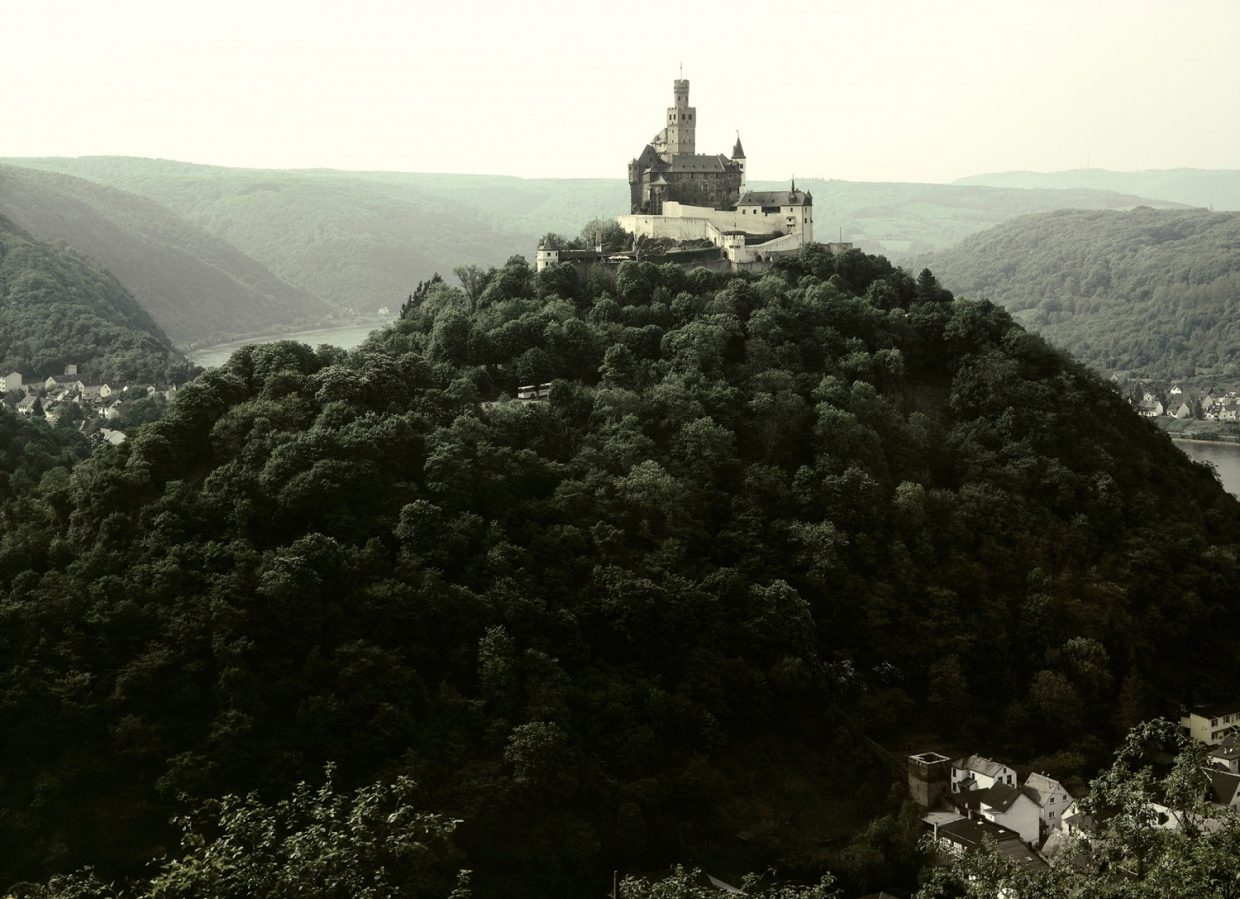
The products of manufactories are the result of human knowledge and skill, an expression of inventiveness and traditional craftsmanship. They convey identity. The knowledge of manufactory production is passed on from generation to generation and continuously redesigned. The Deutsche Manufakturenstraße was founded to preserve the cultural forms of expression of the manufactory system that exist in Germany.

Deutsche Manufakturenstraße shows German craftsmanship as one of the most important components of Germany’s cultural heritage. The country has numerous outstanding manufactories that produce at the highest level. The reason for this lies in the historical tradition of German craftsmanship. The training from apprentice to journeyman to master craftsman is unique in the world, so that a broad access to traditional knowledge and a great depth of focus are achieved, making the craft one of the most innovative economic sectors in the country. The Deutsche Manufakturenstraße is committed to ensuring that manufactories in Germany are recognised, protected and promoted as important immaterial cultural assets. It has set itself the task of maintaining and keeping alive a technically and aesthetically high quality production. Through events, initiatives and projects such as the “Ark of Things” — an archive of products and production methods threatened with disappearance — the Deutsche Manufakturenstraße works to preserve the cultural heritage of the manufactories. It also promotes responsible production in the sense of ecological, economic and social sustainability, in which traditional craftsmanship and the possibilities of the present and future are combined.
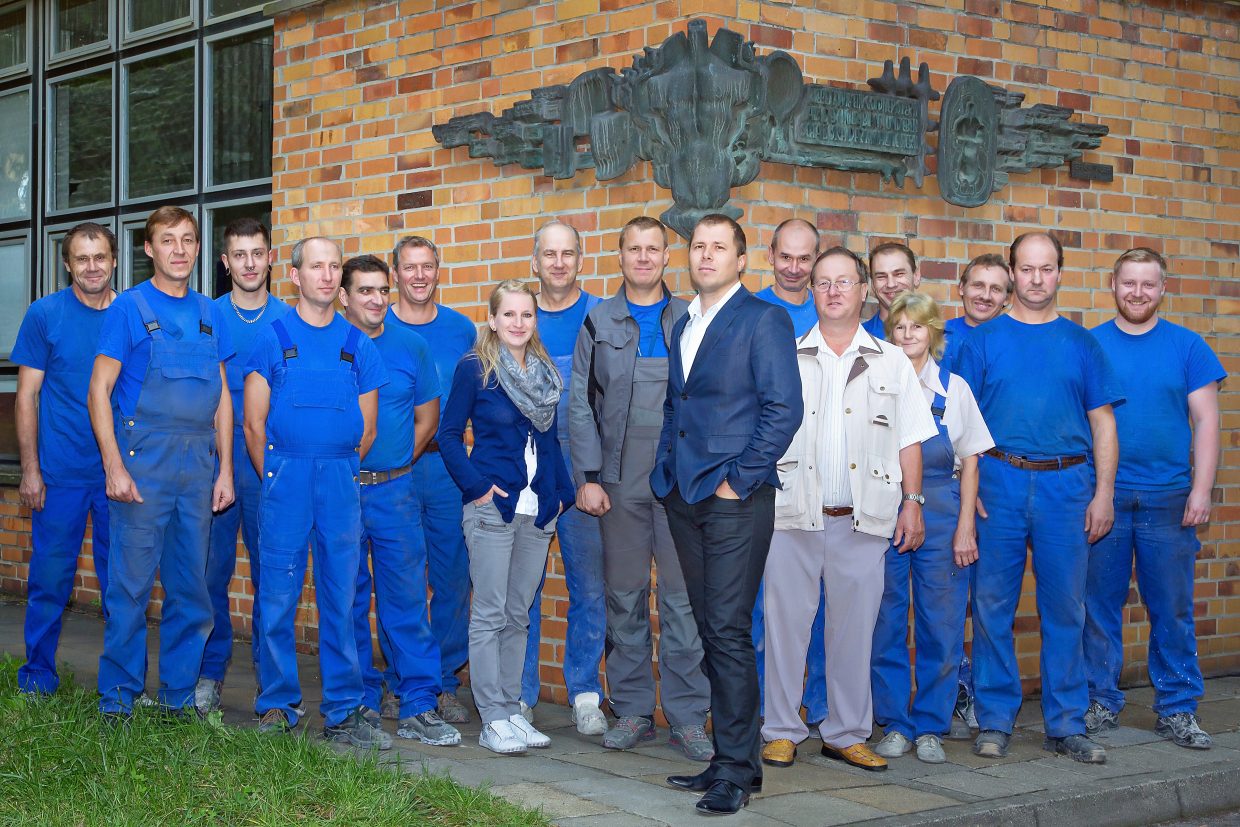
Deutsche Manufakturenstraße is an initiative that works to ensure that manufactories in Germany are recognised, protected and promoted as important immaterial cultural assets. These immaterial cultural assets include human knowledge and ability, inventiveness and traditional craftsmanship. These are often regionally shaped and rooted and are passed on and further developed from generation to generation. They are thus a source of identity.
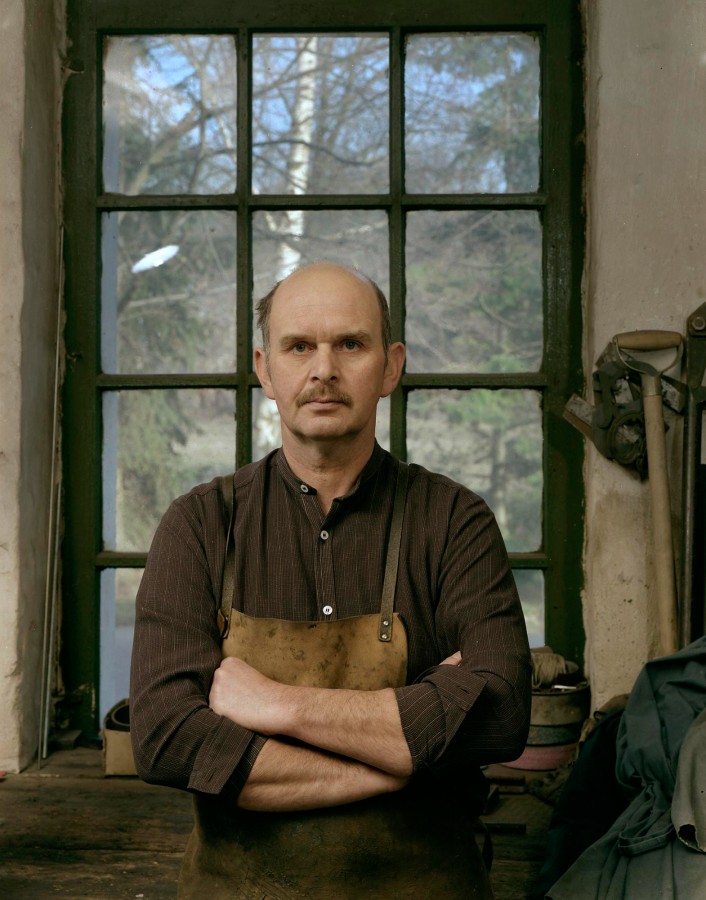
In today’s age of industrial mass production and constant digital development, traditional craft businesses and manufactories look like dinosaurs: outdated and threatened with extinction. At the same time, there is a longing for high-quality products that are produced regionally and under economically, ecologically and socially fair conditions. Deutsche Manufakturenstraße uses this trend to stand up for the manufactories. Through tourism, events and publications, it supports selected German manufactories and makes them accessible to a wider public.
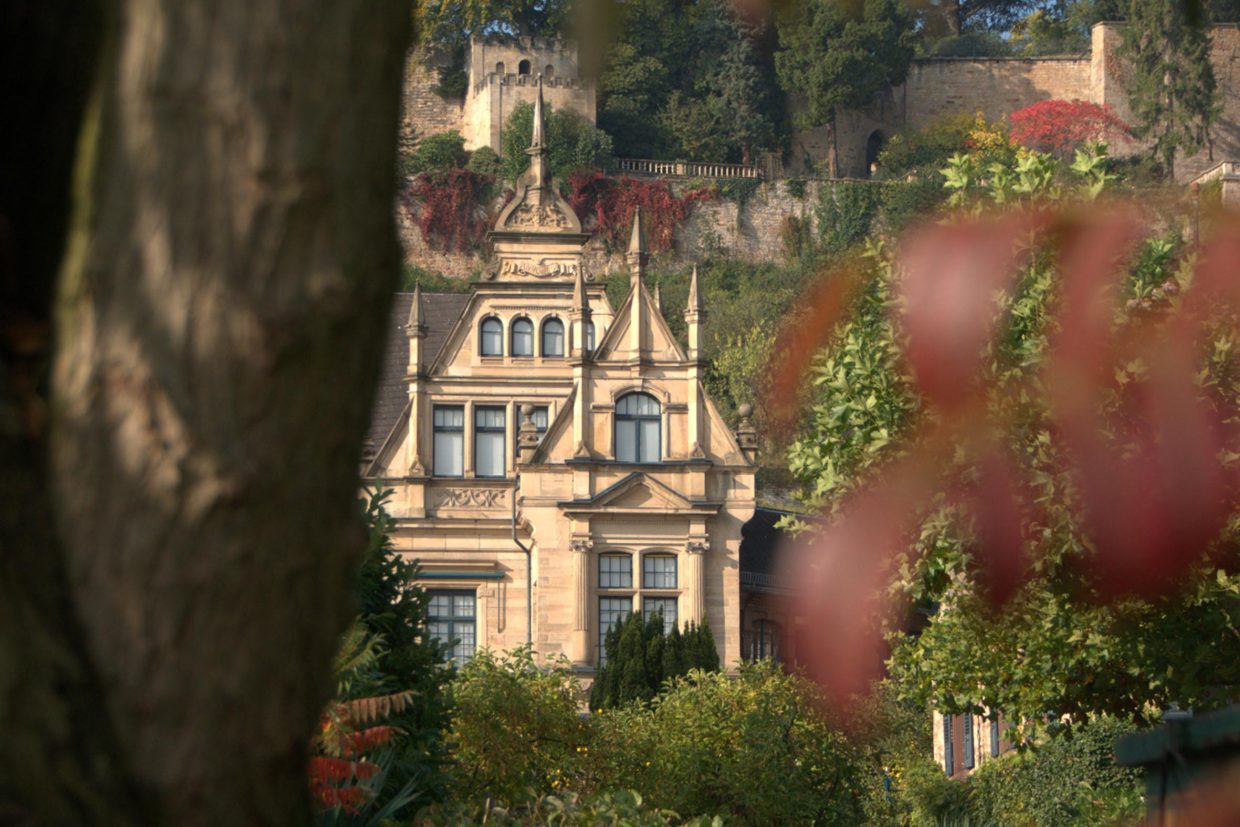
At the same time, Deutsche Manufakturenstraße is a community of interests and ensures greater networking between the manufactories. It researches the needs of its members and represents them to politics and the public.
Website
www.deutsche-manufakturenstrasse.de
